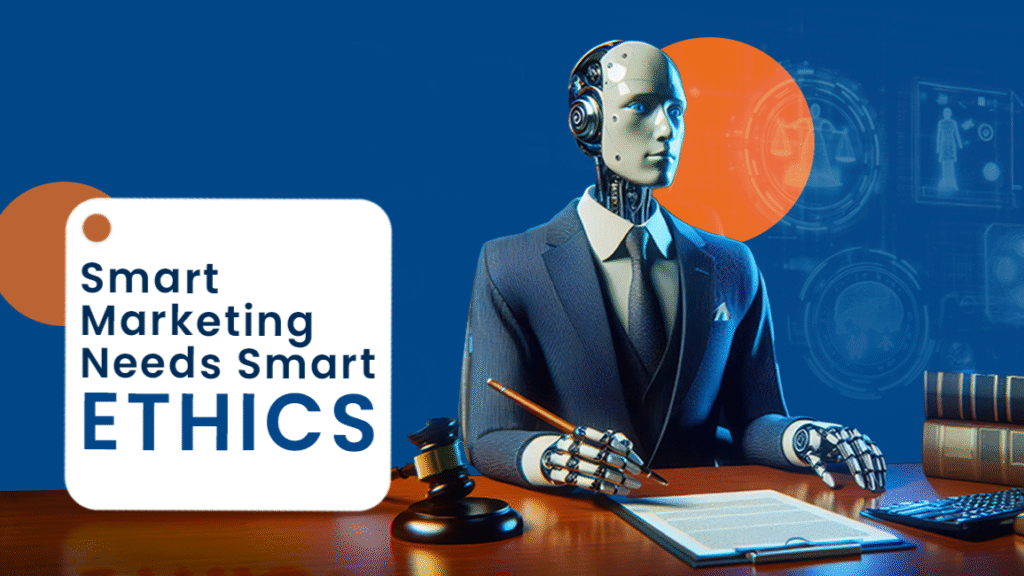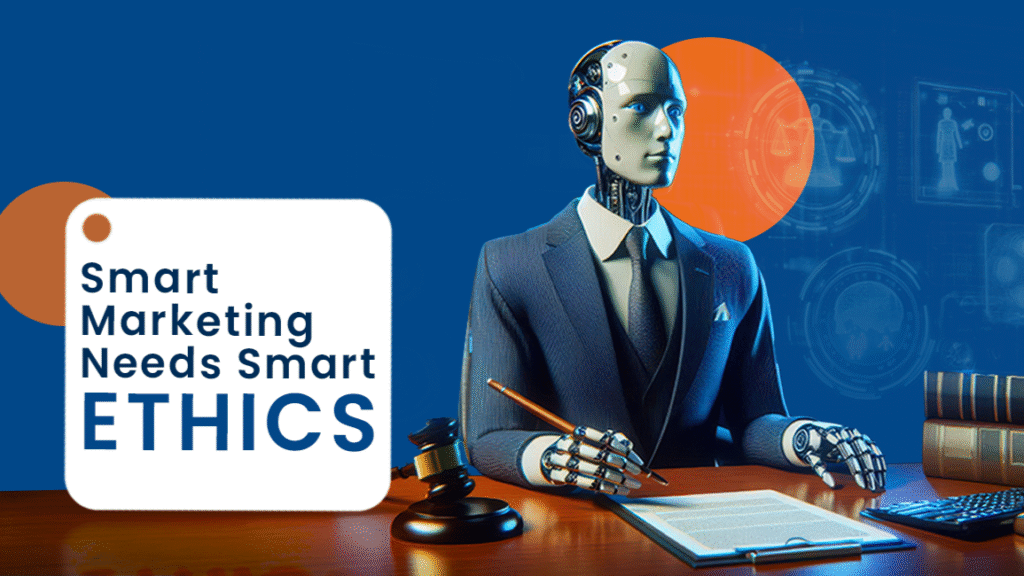
Artificial Intelligence (AI) has become a game-changer in modern sales. From lead generation to personalized outreach and predictive analytics, AI-driven sales automation is transforming the way businesses engage with customers. Companies are increasingly relying on machine learning algorithms and natural language processing tools to optimize sales strategies, reduce manual tasks, and close deals faster. While this technological shift promises efficiency and scalability, it also raises profound ethical concerns. The question is no longer about whether we can use AI in sales, but rather: where should we draw the line?
The Rise of AI in Sales –
Sales teams have traditionally relied on intuition, experience, and relationship-building. Today, AI has introduced a data-driven approach that enhances accuracy and effectiveness. Chatbots respond to customer queries in real time, predictive tools identify the best prospects, and automated systems craft personalized email campaigns at scale. These advancements enable organizations to save time and resources while maximizing conversion rates. However, the more AI takes center stage, the more human touch and authenticity risk being compromised.
The Benefits That Cannot Be Ignored –
There is no doubt that AI-driven sales automation delivers undeniable advantages. It eliminates repetitive tasks, allowing sales professionals to focus on high-value interactions. It ensures consistency in outreach and helps companies deliver personalized experiences that would otherwise be impossible to scale. Additionally, AI can uncover patterns in customer behavior that humans might overlook, making sales strategies more precise and impactful. For businesses competing in fast-paced markets, these tools are not just helpful—they are becoming essential.
The Ethical Dilemma –
Despite the benefits, AI in sales poses ethical challenges that cannot be overlooked. One of the primary concerns is transparency—customers may not realize they are interacting with an AI system rather than a human. This can lead to feelings of deception and mistrust. Another issue is privacy, as AI systems often rely on vast amounts of customer data to function effectively, raising questions about how much personal information is being collected, stored, and used. There is also the danger of bias, where algorithms may inadvertently discriminate against certain groups of people based on flawed data inputs. These dilemmas highlight the need for clear ethical boundaries in AI-driven sales practices.
Where Should We Draw the Line?
Striking the right balance between automation and human oversight is the key challenge. Businesses must ensure that AI enhances rather than replaces authentic human interactions. Customers should be informed when they are engaging with AI systems, making transparency a cornerstone of ethical sales automation. Data usage should be governed by strict privacy standards, with clear consent mechanisms in place. Moreover, organizations must continually audit their AI tools to minimize bias and ensure fair treatment of all customers. Most importantly, empathy and trust—hallmarks of successful sales relationships—should not be sacrificed in the pursuit of efficiency.
Conclusion –
AI-driven sales automation is here to stay, and its potential benefits are too significant to ignore. However, unchecked use of AI could erode trust, compromise privacy, and create ethical pitfalls that damage long-term customer relationships. The future of sales lies not in fully automated systems, but in a hybrid model where AI supports human sales professionals without replacing the personal touch that builds genuine connections. As businesses continue to embrace AI, they must draw clear ethical boundaries—ensuring that innovation serves both companies and customers in a fair, transparent, and trustworthy way.


